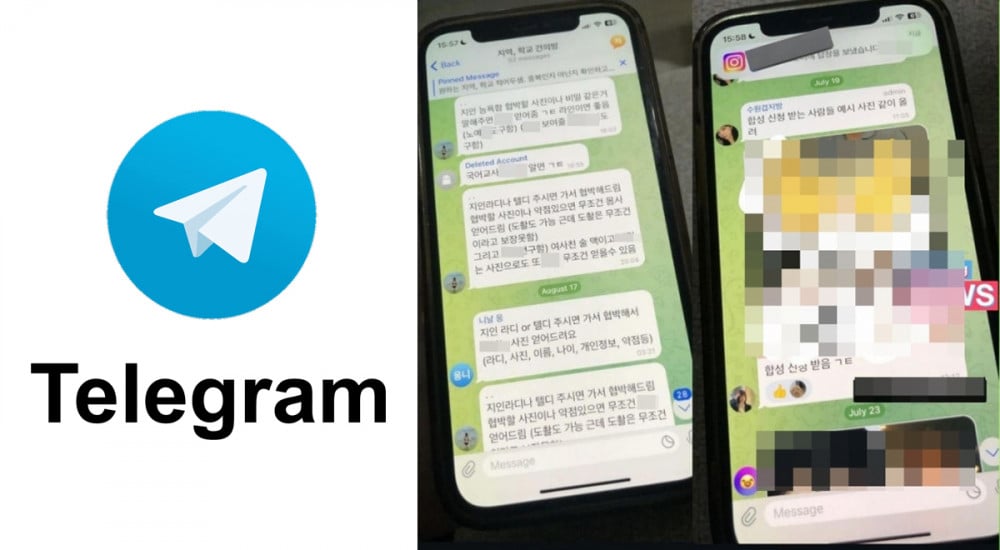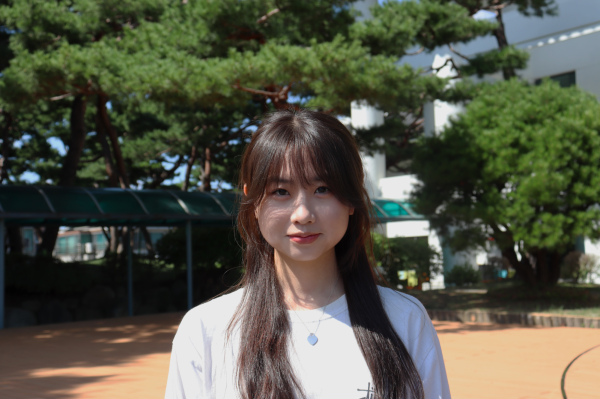Messaging platform Telegram has issued a public apology to South Korean authorities following widespread outrage over its role in facilitating the distribution of deepfake pornographic material. The apology comes as South Korea grapples with a digital sex crime epidemic, marked by a sharp increase in the creation and dissemination of deepfakes, often targeting young women and even children.
“It is so scary that this is happening,” Seohyun Park (12), TikTok user, said. “I saw a bunch of female student victims ranging from maybe fifteen to twenty-five years-old speak up about their experiences with deepfake technology on TikTok and Instagram. It can really happen to anyone.”
Police found sexually explicit deepfake material in numerous Telegram chatrooms, many of which were linked to schools and universities. It has been reported that just within the first seven months of this year, there have been 297 cases of deepfake porn offenses—a 180 increase from last year and nearly double the number in 2021.
“I feel like the lack of regulations on platforms like Telegram is what contributes the most to the wise spread of these materials,” Yujin Lim (10), K-Pop fan, said. “Perpetrators can stay anonymous on these apps and therefore do not have to really be held accountable for their actions. It is unfair because the victims must suffer the ramifications either way.”
Women’s advocacy groups are calling for more comprehensive education for men, stricter regulations on platforms like Telegram, and harsher penalties for offenders. The deepfake scandal has promoted a broader conversation on digital technologies and privacy, with many arguing that the rise of AI-enhanced exploitation serves as the latest evolution of long-standing misogynistic practices in South Korea.
“This reminds me of the Burning Sun case,” Minseo Kim (12), DEIB club Secretary, said. “The victims of [the] Burning Sun scandal also had their photos spread on Telegram, and although it was not deepfake, it just goes to show how many sex scandals are carried out on the app.”
The slow response from authorities has further exacerbated the situation, with many victims feeling unsupported by the justice system. Victims expressed they feel as though the government is downplaying the severity of these crimes, especially when perpetrators are young and tried in youth courts.
Many young females have deactivated their social media accounts in an attempt to avoid becoming the next victim. South Korean schools and universities have emerged as hotbeds of deepfake content creation, often organized into “humiliation rooms” where specific individuals are targeted.
South Korean women are bringing attention to this issue through protests and activism. Unlike many other countries, South Korea is ahead in regulating deepfake pornography, with strict laws that include prison sentences of up to five years and fines for those convicted of producing and distributing such content. In contrast, while bipartisan support for legislation exists in the US, progress in Congress has been considered to be slow.
Despite these regulations, the number of cases involving deepfake pornogaphy in South Korea continues to rise. Some say expanding legal measures to make the mere possession of these materials illegal may help, though victims would still bear the burden of tracking down those responsible for creating the harmful content.
Many victims have voiced the importance of supportive environments, where they can seek solace and assistance in confronting the emotional and legal challenges caused by deepfake pornography.
As South Korea continues to investigate ways to regulate deepfake pornography, the issue remains a global concern that demands a coordinated international response. Without stronger enforcement mechanisms and the active participation of tech companies, experts warn that the fight against deepfake content will remain an uphill battle.


